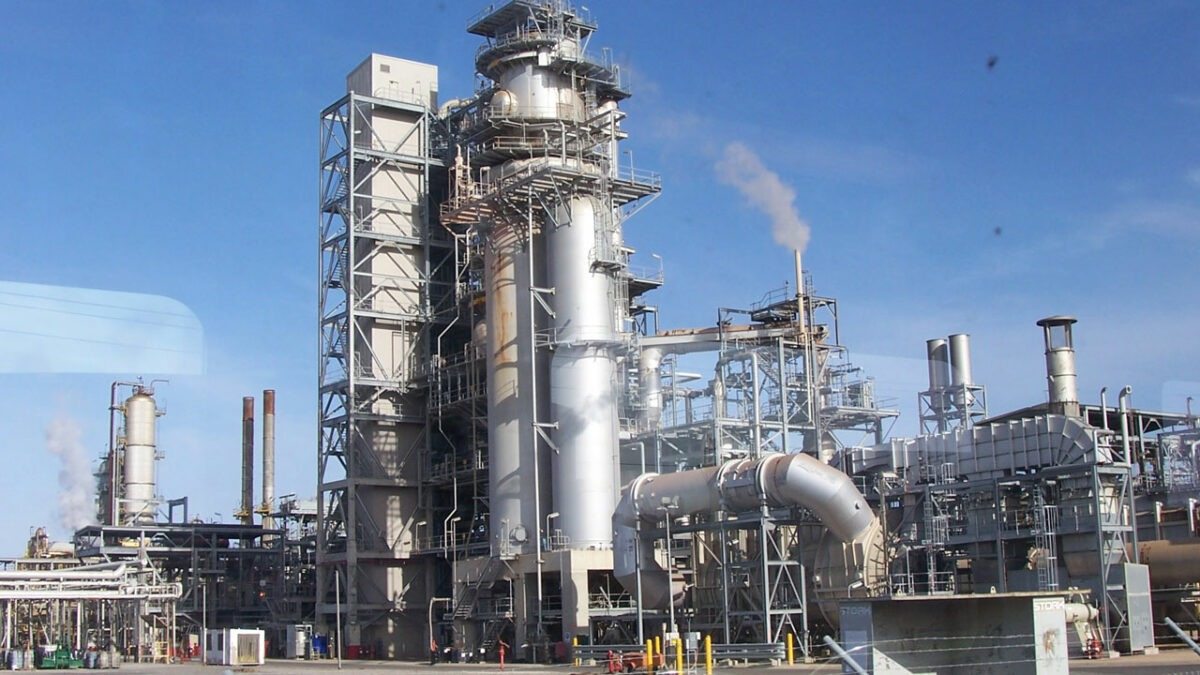The Dangote Petroleum Refinery is preparing to launch the sale of Premium Motor Spirit (PMS), commonly known as petrol, according to exclusive information obtained by The PUNCH. This development follows a recent successful test run of the product at the 650,000-barrels-per-day refinery.
Industry insiders, speaking on the condition of anonymity, confirmed that the product will soon be available on the market. These sources revealed that the Dangote Group and the Nigerian government are currently finalizing the logistics for the distribution of the petrol.
A government source also disclosed that the Federal Government is coordinating with the Dangote Group to manage the sale and distribution of PMS. For now, only the Nigerian National Petroleum Company Limited (NNPCL) is authorized to distribute Dangote’s petrol.
It’s worth noting that the refinery had initially planned to release petrol in June. However, production was delayed due to crude oil shortages and a dispute with the Nigerian Midstream and Downstream Regulatory Authority (NMDPRA), which accused the refinery of producing substandard diesel. The situation improved after the Federal Government intervened, allowing crude oil supplies to be purchased in local currency.
The PUNCH also reports that Dangote and other local refineries have repeatedly criticized international oil companies (IOCs) for not selling crude oil to local refiners. Recently, the Federal Government announced that a crude oil supply agreement would begin in October.
The Dangote Group has alleged that IOCs prefer to sell Nigerian crude to Asian markets through foreign intermediaries, which inflates the local price of crude. The company claims that these intermediaries offer cargoes at $2 to $4 per barrel above the official price set by the Nigerian Upstream Petroleum Regulatory Commission (NUPRC).
Last month, The PUNCH reported on a dispute between the Dangote refinery and the NUPRC over an alleged supply of 29 million barrels of crude oil. Dangote accused the NUPRC of failing to enforce Domestic Crude Supply Obligations effectively, stating that the refinery had not received sufficient crude oil locally.
In response, the NUPRC refuted the claims, stating that it had facilitated the supply of over 29 million barrels of crude to the Dangote refinery between January and June 2024. However, the Dangote Group denied receiving this amount of crude, with spokesperson Anthony Chiejina clarifying that only one cargo of crude had been facilitated by the NUPRC, with the rest sourced from international traders.
Chiejina emphasized that the refinery’s main request is for Nigerian refineries to be allowed to purchase crude directly from domestic producers, rather than through international middlemen.
Many Nigerians are hopeful that the entry of Dangote’s petrol into the market will lead to a reduction in the pump price of PMS.

 Discuss
More news
Discuss
More news


